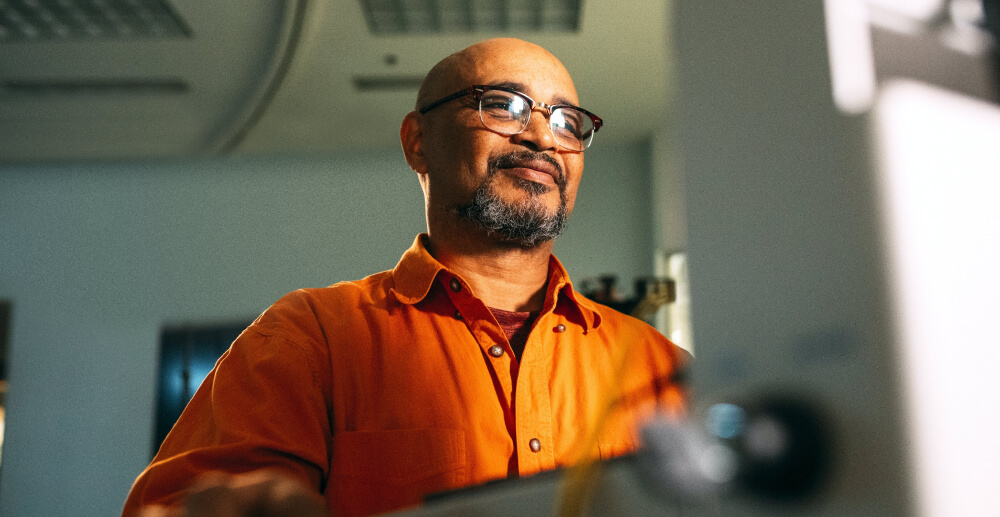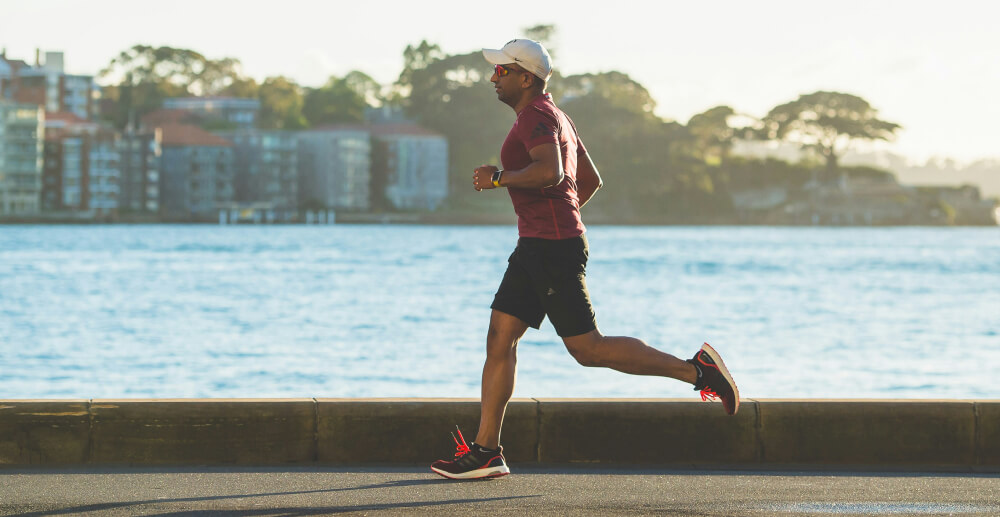Few things in life are more daunting than moving. Upending our lives and resettling into a new environment is a uniquely stressful process that can elicit intense and conflicting feelings of excitement, fear, hope, and dread. For those of us in addiction recovery, we know that disruption and feelings of uncertainty can be a powerful force in our lives—after all, the main 12-step catechism, the Serenity Prayer, is considered by many to be a spiritual compass to navigate the unpredictability of life.
It takes a lot of courage to change where you live, no matter where you are in your recovery! With some planning, you can fortify this courage with one of the greatest acts of self-care available: preparation.
Find your people
Disconnection and isolation are common enemies familiar to all of us, no matter what pathway to recovery we’re on. If you attend peer support meetings, it can be intimidating to even think about finding a new meeting or group that meets all your needs, but there are resources available that can help make this process easier:
12-step: There are a plethora of 12-step mobile phone apps that provide AA- and NA-based recovery support. Meeting Guide (AA-focused) and Pink Cloud (provides NA, CA, HA, etc. support) allow you to search meetings by location and format, along with providing other 12-step-based support, like quotes from the Big Book and Daily Reflections. You can also browse meetings on websites like AA.org or NA.org.
SMART Recovery: SMART Recovery (Self-Management and Recovery Training) is a peer support group that uses concepts from Cognitive Behavioral Therapy and Rational Emotional Behavioral Therapy to focus on mutual aid and inclusivity. SMART has a robust online presence, and along with their meeting directory, you can access forums and their recovery toolbox at their website.
Harm Reduction: Harm reduction is not an organization so much as a movement that is focused on safer use. The National Harm Reduction Coalition map lists known harm reduction programs around the country that provide naloxone and safe-use kits (wherever not prohibited). While peer support groups may not be available at all locations, many harm reduction support locations can help access relevant health resources for people who use drugs.
Workit Recovery Groups: If you’re a member of Workit Health’s clinics for opioid use disorder or alcohol use disorder, your recovery group meetings are online. You can join these virtual meetings from anywhere that you have connection, so they’re a great support during a move!
Friends and social connections: Finding relevant meetings and resources is essential to recovery, but so is engaging in other social activities. These connections can help you explore and network in your new location with people. You can absolutely use social media like Facebook or Meetup to find many different recovery groups, but don’t limit yourself to only finding communities based on peer support. There are many other social activities that support recovery and mental health. Find groups organized around physical activity, meditation, games (the popular resurgence of Dungeons and Dragons has been extremely gratifying on a personal level), crafts, drawing, music, and so much more. The ability to search for these groups makes social media a powerful resource that can be a boon to mental health (when not exclusively used to argue with people in the comments).
Maintain a simple and forgiving self-care routine
Chaos is inevitable in a move, and much of the angst we feel during it is based in disruption of our patterns. When transitions are traumatic enough, it can even bring us into a maladaptive response classified by the DSM as Adjustment Disorder. Therefore, it is important to center ourselves in a guiding routine that is both helpful, but more importantly doable.
Start with self-care. Beginning our day with a simple, compassionate form of self-care can help us to prioritize our health and recovery as we set our intentions for the day. Staples like a Body-Scan Meditation, Gratitude Journal, Reflection from recovery literature, exercise, music, or just patiently sitting with ourselves and breathing can be a transformative practice that gives refuge and clarity. Whether you have a well-established practice, or are more versed in panic-eating breakfast while late for work, setting aside 5 or 10 minutes as a priority while getting established in a new location can be crucial.
Stay connected to supportive friends and family. Exploring a new environment can be unsettling and can shake people’s confidence. Connecting with loved ones who have your success as a vested interest can help ground you as you go through the identity growing pains of establishing yourself in a new place.
Make a list of your strengths and review them often. Notions of who you are will be challenged as you try to make sense of your surroundings. Identify the strengths you possess and review the list often, these are the traits you can count on to pull you through. When those unhelpful and untrue negative thoughts begin to swarm, pull out this list to help strategize and remind yourself that you are enough.
Be nice to yourself! No matter what your recovery pathway, I’ll wager my 20-sided D&D dice that you likely see beating yourself up as a moral necessity. It may seem like listening to that relentless, and often cruel, self-critic is you being realistic about yourself but all it is, is a self-defeating delusional thought process that keeps you from genuinely understanding and accepting your reality as it is. The only way we can truly be virtuous in our external actions is to be indefatigably compassionate in our internal processes.
Moving is inherently stressful, especially for people in recovery who’ve worked so hard against disruption to bring consistency and routine into their lives. However, with some preparation and research, it can also bring excitement and opportunity to build new communities, habits, and interests that can serve us in ways we would’ve never imagined. As long as we are mindful about our needs, structured in our self-care, and adventurous in spirit we can survive the initial growing pains to thrive in our self-redefinition.









